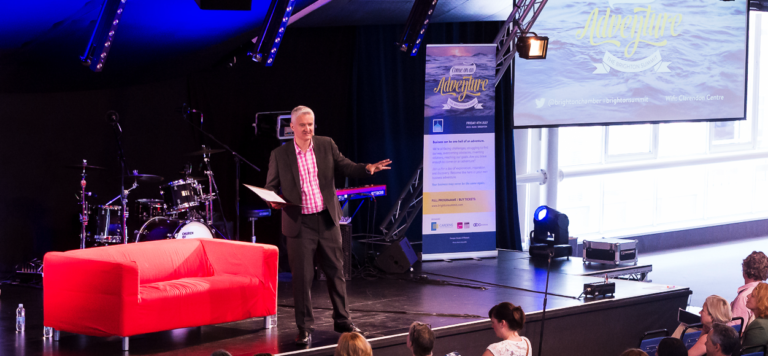11th May 2023
What am I doing when I critique someone’s presentation or speech?
It’s taken me years of experience to move beyond giving simple feedback to giving complex and actionable critique on someone’s presentation content and delivery. What I actually do differs between speakers, depending on what they need (or what they’ve asked for, and those aren’t always the same things), what they’re working on and the nature of our working relationship. It also depends whether I’m critiquing someone during the content creation and rehearsal process or critiquing someone’s performance from the stage (or on the screen).
With some speakers I work with them through every single line of their speech, word by word and phrase by phrase. Is there a better way we could be saying this? Could this be misconstrued? Could this be said in half the number of words or using much simpler language? The aim is always to make the speech more focused, more powerful and more effective for its intended audience.
For other speakers, critique is about talking quite openly and honestly about the way they hold themselves on stage or the way they put themselves across or they use (or don’t use) energy on stage. It’s far less about the content and more about the delivery, the performance. The aim is still to make the speech as good as it can be to make it as effective as it can be for its intended audience.
For some people it’s critiquing their ideas, motivations and aspirations as they start to develop as a speaker, identifying their topic, their audiences and the outcomes they want from speaking or presenting. This is often tricky as people often come to me full of passion for an idea and sometimes I do have to guide them towards a reality check of whether something is really commercial (if they’re looking to become a professional speaker) or whether there is really an audience for what they want to speak on. These can also be the most rewarding sessions, though, as people find new ways of framing their expertise, discover new audiences and new commercial opportunities or decide that instead of a speech, perhaps this would make a great podcast or video instead.
Ultimately critique is about what might be holding somebody back or what it is that could make somebody significantly better. If critique is given the right way, being able to help someone be significantly better at whatever that want to do is a fabulous feeling.

